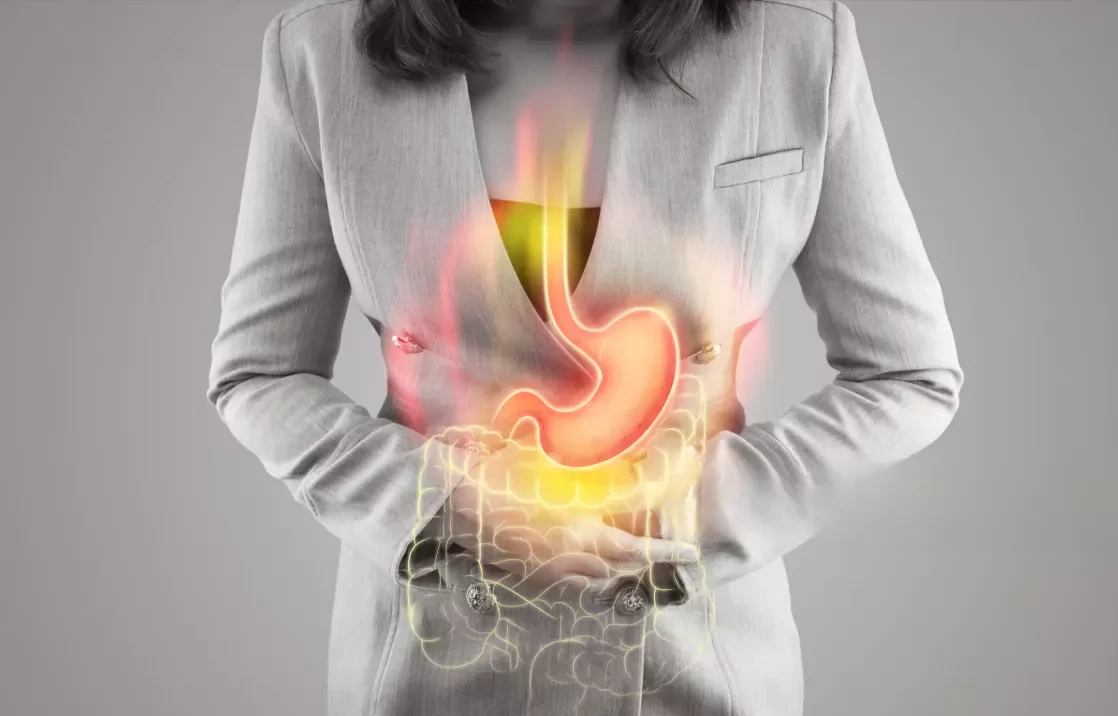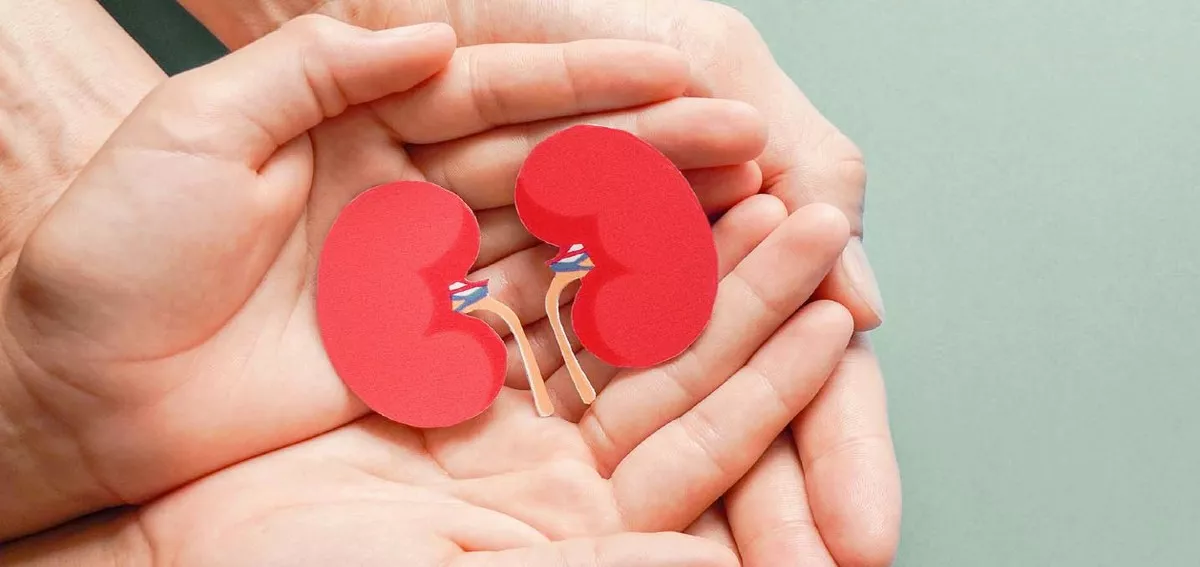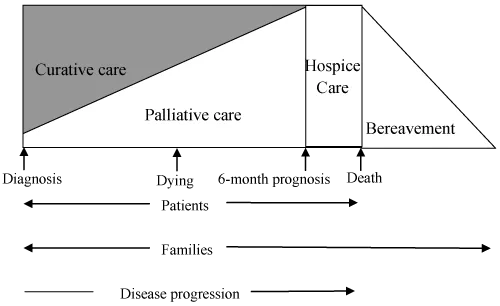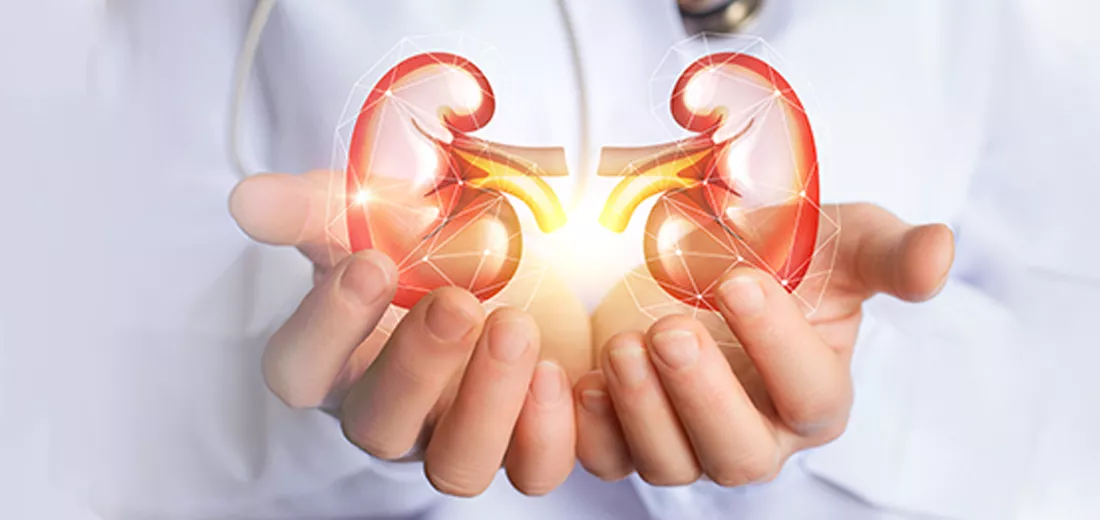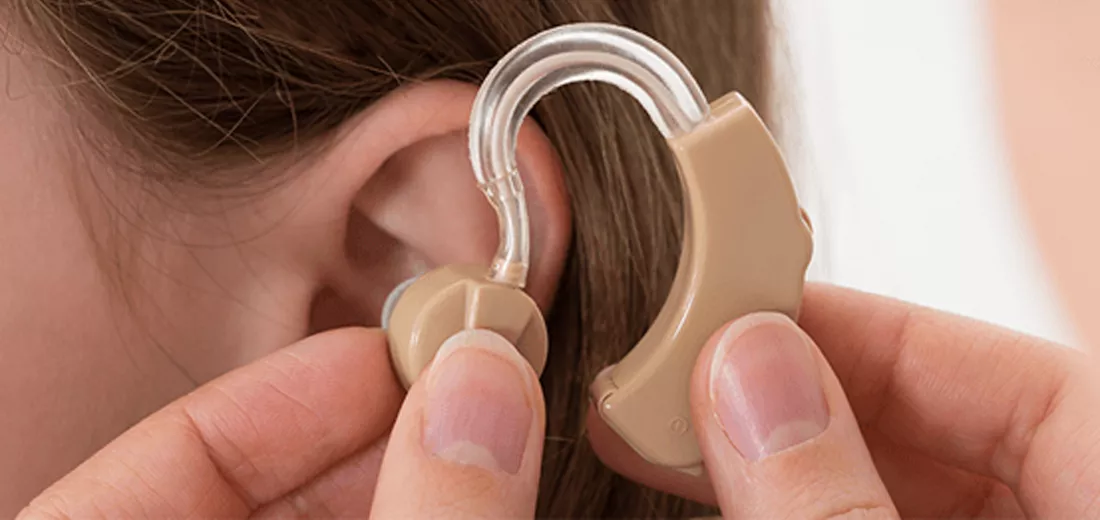Acute sinusitis is a common infection that forms in the upper respiratory tract. It is caused due to non-infectious means or by cold-causing viral infections. According to research, acute sinusitis occurs in 1 out of 8 people. Many people with acute sinusitis may notice headaches, throbbing facial pain, or swelling around their eyes and face. Except for those with severe bacterial infections, the issue resolves within a week to ten days. It is essential to treat sinusitis in the best ENT hospital, and our medical specialist can help you with acute sinusitis treatment before it exacerbates.
What is Acute Sinusitis?
Acute Sinusitis is an inflammation of the mucosa of the paranasal sinuses of less than four weeks duration. The main problem in sinusitis is obstruction of the Ostia of the paranasal sinusitis. That can be caused by the malfunction of the Ciliary apparatus that lines all the sinuses in the mucosa. If the sinus secretion is too thick, it can block the Ostia.
Cause of obstruction of the Ostia includes:
- Viral Upper Respiratory Tract infection
- Allergic inflammation like the common cold
- Cystic fibrosis
- Immune disorders
- Ciliary Dyskinesia
- Smoking
Types of Sinusitis:
Different types of sinusitis are categorised and defined based on the time frame of the symptoms.
- Acute sinusitis: It is characterised by cold-like symptoms such as a stuffy nose, facial pain, and runny nose. It may appear out of nowhere and last for two to four weeks.
- Subacute: This type of sinusitis usually sustains 4 to 12 weeks.
- Chronic Sinusitis: Symptoms of chronic sinusitis can linger for 12 weeks.
- Recurrent Sinusitis occurs several times a year.
Signs and Symptoms of Acute Sinusitis:
Symptoms of sinusitis are mainly associated with mucus build-up. Some of the most common signs and symptoms of sinusitis include:
- Facial Pain or Pressure
- Facial Congestion or Fullness
- Nasal Blockage
- Purulent Nasal Discharge/ Posterior Purulent Discharge
- Hyposmia/ Anosmia
- Purulence on Nasal Examination
- Fever
- Fatigue
- Cough
- Headache
Who are at risk of Acute Sinusitis?
The following factors can increase the risk of developing the disease:
- cystic fibrosis
- inflamed or large adenoids
- intranasal allergies
- weak immune system
- smoking tobacco
- flying, scuba diving, and other activities that result in pressure changes.
- nasal polyp or deviated septum
- spending a lot of time in a space where infectious germs are commonly present
How to diagnose Acute Sinusitis?
Diagnosis for acute sinusitis is primarily based on the symptoms. The doctor might use their fingers to detect infection or use a light to look into your nose for inflammation, tumours, polyps, or other abnormalities. Sometimes when the symptoms are not entirely clear, our specialist would suggest some tests to diagnose.
- Rhinoscopy: The practitioner inserts a tube with a camera inserted into the nose to see the nasal passages in the sinuses directly. This would show evidence of clogged-up sinuses that might be filled with mucus or pus.
- X-rays: X-rays were done in the past and are still occasionally performed, but large X-rays are not recommended because they are not very sensitive to sinusitis, especially sinusitis of the anterior ethmoid sinuses.
- CT Scan: It is the gold standard for diagnosing sinus disease. It is very sensitive to sinus disease.
However, if you are in India, then you should take treatment at the best ENT Hospital in Hebbal, Bangalore by a renowned medical specialist.
Acute Sinusitis Treatment:
Acute sinusitis can be treated at home in most cases:
- Saline nasal spray, which can be bought at a local pharmacy, will help clear your nose.
- Sleeping with a few pillows that elevate your head will allow mucus to drain and help you breathe easier at night.
- To relieve your sinus headache, you can place a cold pack on your forehead.
- Using a warm moist flannel over your sinus can help relieve the pain and pressure in your face.
- Some people find that neti pots help clear their nasal passages. This can be purchased from the pharmacy, or you can boil some water and allow it to cool
- Drinking plenty of water and staying hydrated will help thin your mucus and treat your sinusitis.
- Intranasal and sinus irritation can be reduced using sprays like fluticasone propionate (Flonase), Nasal corticosteroid spray, and essential oils such as peppermint oil can help create a sensation that your nasal passages are opening. Make sure to take a break and get some rest to help your body recover.
- Using a humidifier can help keep moisture in the air making it more comfortable to breathe.
- Mucus can be dried up using treatments such as pseudoephedrine (Sudafed) and Oral decongestants therapy
- Sinus pain can be relieved with pain reliever medicines such as ibuprofen (Motrin, Advil) or acetaminophen (Tylenol).
FAQs:
1. Why do we have sinuses?
-Scientists believe that sinuses serve to help cushion the brain from injury.
2. I have frequent headaches. Could this be a sign of sinus disease?
-There are many reasons for headaches, including stress. But if you have the symptoms mentioned above and frequent, recurring headaches, you could have a sinus disease.
3. What bacteria cause acute sinusitis?
- Streptococcus pneumoniae, Haemophilus influenzae, Moraxella catarrhalis, and Streptococcus pyogenes can cause acute sinusitis.
4. What is the most common complication of acute sinusitis?
-Orbital involvement is the most common complication of sinusitis.
5. What is the most common cause of acute sinusitis?
- Common cold is the most common cause of acute sinusitis.
The source of information for the FAQs are mentioned below:
https://pubmed.ncbi.nlm.nih.gov/21364226/
https://www.ncbi.nlm.nih.gov/pmc/articles/PMC6147267/
https://www.uofmhealth.org/conditions-treatments/ear-nose-throat/sinus/faq
https://www.mayoclinic.org/diseases-conditions/acute-sinusitis/symptoms-causes/syc-20351671


